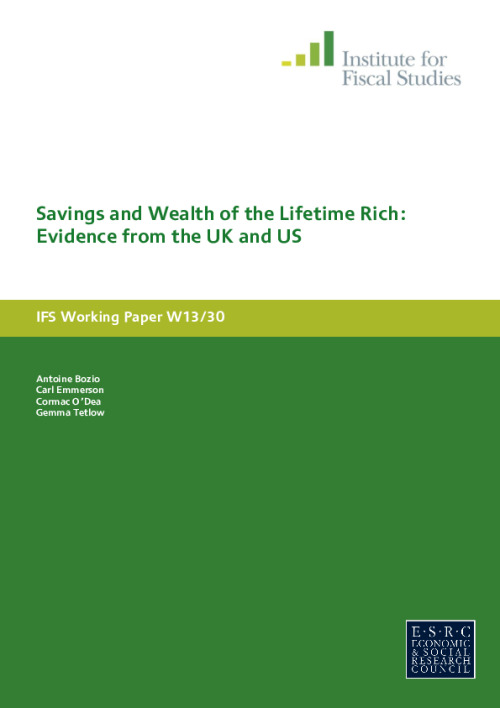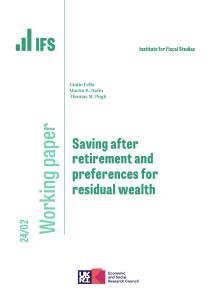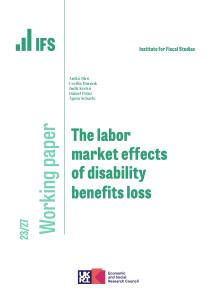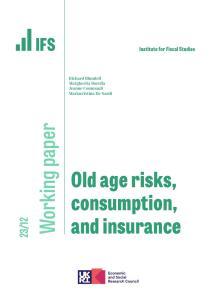Whether higher lifetime income households do save a larger share of their income is one of the longstanding empirical questions in economics that has been surprisingly difficult to answer. We use both consumption data and a new dataset containing both individual survey data on wealth holdings and administrative data on earnings histories from the UK to examine this question. We find evidence of a positive relationship between saving rates (and wealth accumulation) and levels of permanent income. Our findings are consistent with earlier results from Dynan, Skinner and Zeldes (2004) using consumption data from the US, but somewhat at odds with evidence from the UK which has examined retirement wealth and lifetime earnings in the Health and Retirement Study, HRS (Gustman & Steinmeier 1999, Venti & Wise 1998). We present new evidence using more recent HRS data, applying exactly the same methodology as we have used on the UK data, and find broadly the same results as these earlier papers. This suggests that the differences are not solely driven by differences in methodology or time period considered.












